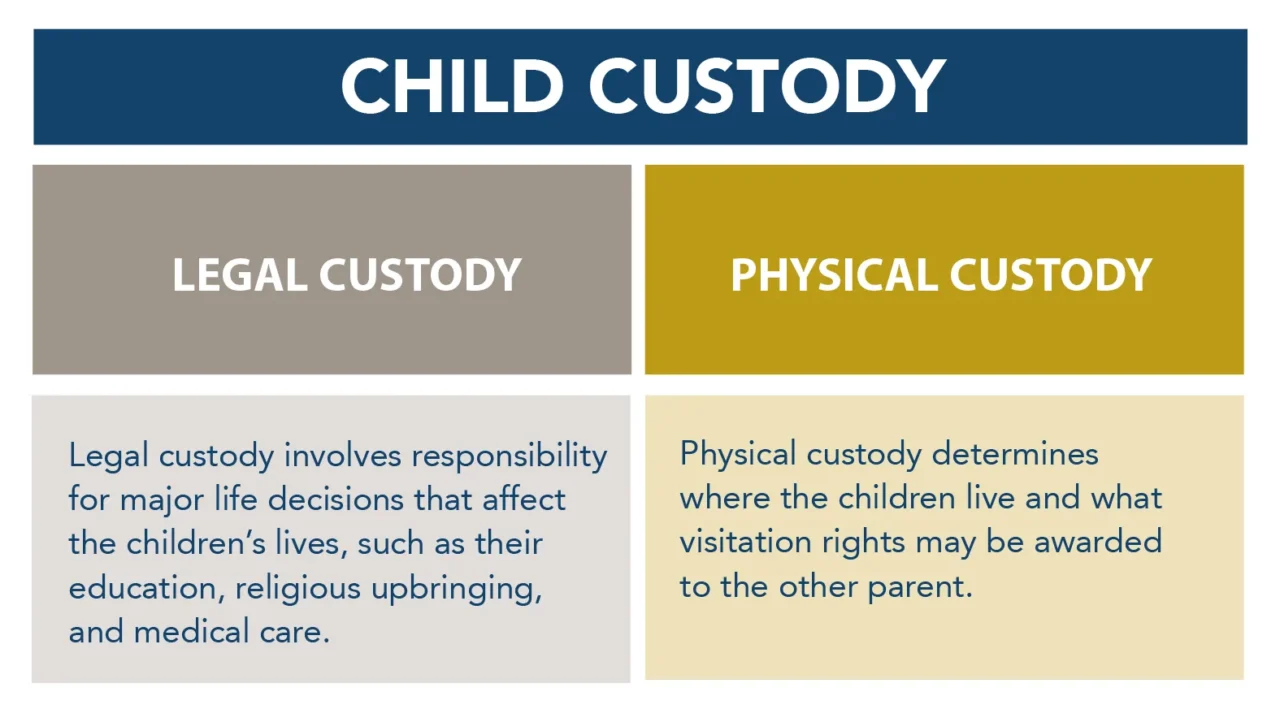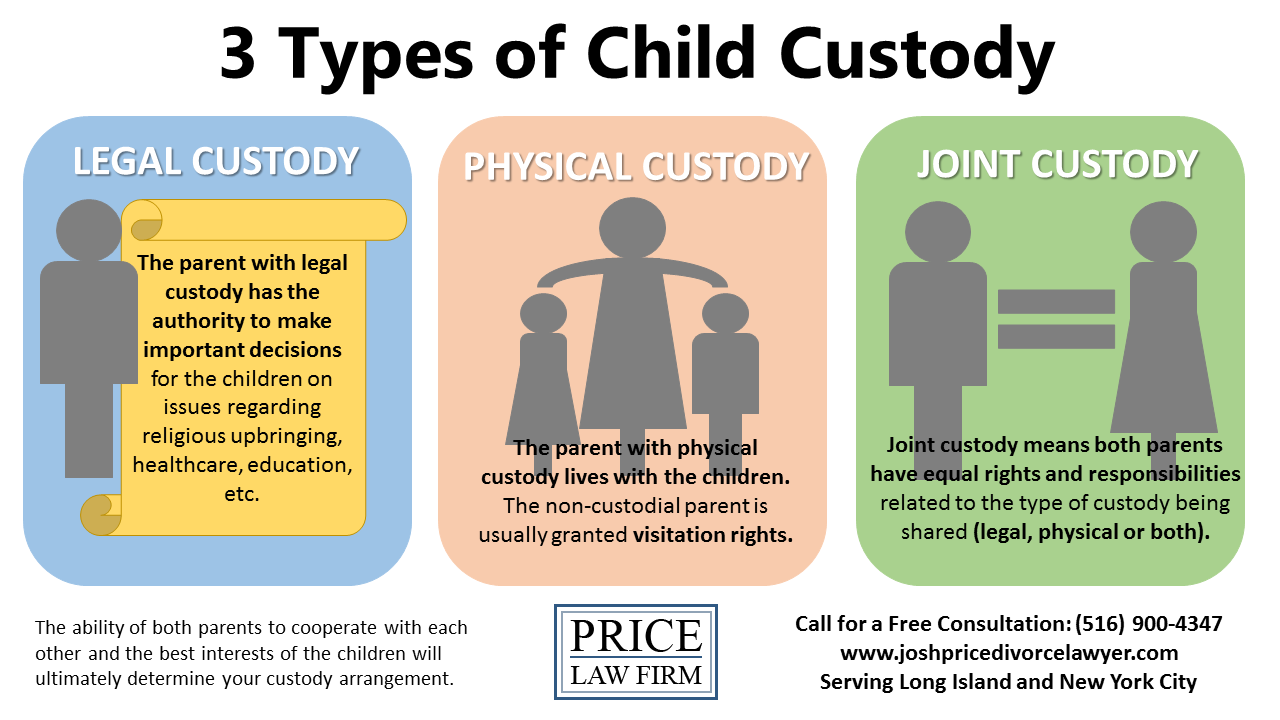Blog
Juneteenth Trivia: Intro, History, Q&A, Achievements, and More

Introduction to Juneteenth Trivia
Juneteenth Trivia: Intro, History, Q&A, Achievements, and More Welcome to the Juneteenth Trivia section, where we invite you to test your knowledge and learn more about this pivotal day in American history.
This trivia is designed to not only challenge your understanding, but also expand your awareness of the cultural and historical significance of Juneteenth.
Whether you’re a history buff or just beginning to explore this important part of our heritage, these trivia questions will provide insights into the struggle for freedom and the ongoing pursuit of equality.
Dive in, and discover the rich tapestry of stories and facts that make Juneteenth a day worth remembering and celebrating.
Historical Context of Juneteenth
The journey toward Juneteenth began with the signing of the Emancipation Proclamation by President Abraham Lincoln on January 1, 1863.
This pivotal decree declared all enslaved people within the rebellious states free, but in practice, it was largely unenforceable in areas still under Confederate control.
It wasn’t until Union forces progressed further into Confederate territory that the proclamation began to take effect. On June 19, 1865, more than two years after the proclamation, Union General Gordon Granger arrived in Galveston, Texas, with orders that declared the liberation of all enslaved people in the region.
This announcement effectively marked the end of slavery in the United States and laid the foundation for Juneteenth as a day of freedom and transformation.
Recognizing the significance of this day helps illuminate the broader struggle for civil rights and how it continues to influence the social and cultural landscape of America today.
Most Popular Achievement of Juneteenth Trivia
Juneteenth Trivia: Intro, History, Q&A, Achievements, and More One of the most significant achievements of Juneteenth is its role in fostering a growing awareness and dialogue about racial equality and social justice in the United States.
The recognition of Juneteenth as a federal holiday in 2021 represents a pivotal milestone, amplifying its importance across the nation.
This recognition not only acknowledges the historical struggles and triumphs of African Americans, but also inspires contemporary conversations about racial inequality and the work that still needs to be done.
By highlighting the legacy of this day, Juneteenth serves as a powerful tool for education, reflection, and community-building, encouraging people to engage in efforts towards a more equitable society.
This achievement underscores the cultural and societal shifts towards greater inclusivity and understanding, making Juneteenth a symbol of progress and hope for many.
Past Highlights of Juneteenth Trivia
Juneteenth celebrations have a rich history, filled with moments that highlight the cultural and social significance of this day.
In the late 1800s, newly freed African Americans organized festive events, such as parades, barbecues, and prayer gatherings, to commemorate their liberation and assert their new status in American society.
As these observances spread beyond Texas, they often included reading the Emancipation Proclamation, singing traditional songs such as “Lift Every Voice and Sing,” and sharing meals as a symbol of unity.
Over time, the ways of celebrating evolved, reflecting both the challenges and triumphs faced by African Americans.
During the 1960s civil rights movement, Juneteenth emerged as a pivotal element in the quest for equality, linking historical emancipation with ongoing civil rights challenges.
Despite declines due to economic and political pressures, the spirit of Juneteenth persisted. Community leaders and grassroots organizations helped revive the celebrations and regain its significance.
The Most Important Factor of Juneteenth
The most important factor of Juneteenth is its embodiment of freedom and resilience.
This day marks a significant turning point in American history, representing the emancipation of enslaved African Americans and the beginning of a new era of civil rights and social justice.
Celebrating Juneteenth honors the courage and tenacity of those who experienced the harsh realities of slavery and tirelessly fought for their freedom.
It serves as a reminder of the long and ongoing journey toward true equality and justice for all.
The celebration of Juneteenth underscores the importance of acknowledging and confronting past injustices while fostering a united and inclusive future.
Juneteenth, also known as Freedom Day
Juneteenth Trivia: Intro, History, Q&A, Achievements, and More Juneteenth, also known as Freedom Day and Emancipation Day, holds significant meaning in American history.
Celebrated on June 19, this holiday marks the end of slavery in the United States. Union General Gordon Granger announced the emancipation of enslaved African Americans in Galveston, Texas, in 1865, two years after President Abraham Lincoln issued the Emancipation Proclamation.
This day has become a powerful symbol of freedom, resilience, and the ongoing fight for equality.
Did You Know?
- End of Slavery: Juneteenth commemorates the day when Union soldiers arrived in Galveston, Texas, to announce that the Civil War had ended and enslaved individuals were now free.
- State Recognition: Texas was the first state to make Juneteenth a state holiday in 1980. Now, it is recognized in all 50 states and the District of Columbia as either a state holiday or observance.
- Federal Holiday: On June 17, 2021, Juneteenth officially became a federal holiday in the United States.
- Apple’s Recognition: In 2018, Apple added Juneteenth to its US holidays calendar on iOS, acknowledging its growing importance.
- Legislative Efforts: Barbara-Rose Collins played a pivotal role in pushing for the recognition of Juneteenth Independence Day at the federal level.
Personal Experience
Juneteenth Trivia: Intro, History, Q&A, Achievements, and More Growing up, my family always celebrated Juneteenth with pride and joy. We would gather for a barbecue, share stories about our ancestors, and reflect on the struggles and achievements of African Americans. These celebrations instilled in me a deep appreciation for our heritage and the importance of remembering our history.
Trivia Time
- What is another name for Juneteenth?
- Freedom Day
- Who issued the Emancipation Proclamation?
- President Abraham Lincoln
- Which state was the first to recognize Juneteenth as a state holiday?
- Texas
- When did Juneteenth become a federal holiday?
- June 17, 2021
- Who announced the emancipation of enslaved African Americans in Galveston, Texas?
- Union General Gordon Granger
Exploring Juneteenth
Juneteenth is not just a historical event, but a celebration of African American culture and heritage. It’s a day to honor the struggles and triumphs of our ancestors, and to acknowledge the progress we have made, while recognizing the work that still needs to be done.
Celebrations Across the United States
Many communities across the United States celebrate Juneteenth with parades, festivals, and educational events. It’s a time for African Americans to come together, share their stories, and educate others about the significance of this day. From local gatherings to national observances, Juneteenth increasingly gains recognition and importance.
The Role of Education
Education plays a crucial role in spreading awareness about Juneteenth. Schools and universities are increasingly incorporating lessons about this important day into their curricula. By educating younger generations, we ensure the legacy of Juneteenth endures, and the stories of those who fought for freedom are never forgotten.
Quiz Your Knowledge
Test your knowledge about Juneteenth with these questions:
- What year did the Civil War end?
- 1865
- Who played a key role in the federal recognition of Juneteenth?
- Barbara-Rose Collins
- What does Juneteenth commemorate?
- The end of slavery in the United States
- Which president issued the Emancipation Proclamation?
- Abraham Lincoln
- In which city was the emancipation of enslaved African Americans announced on June 19, 1865?
- Galveston, Texas
By commemorating this day
Juneteenth is a day of reflection, celebration, and education. It reminds us of African Americans’ struggles and achievements, and underscores the need for ongoing efforts towards equality and justice. By commemorating this day, we honor our past and inspire future generations to continue the fight for freedom.
Pros and Cons of Celebrating Juneteenth
Pros
- Cultural Awareness: Celebrating Juneteenth enhances cultural awareness and understanding, allowing people to learn about the history and struggles of African Americans.
- Community Engagement: Juneteenth celebrations foster a strong sense of community and solidarity, providing opportunities for people to come together and celebrate their shared heritage.
- Educational Opportunities: The holiday provides an opportunity to educate individuals about the significant events surrounding the end of slavery and the continued fight for civil rights.
- Promotes Reflection: It encourages reflection on the importance of freedom and the ongoing journey toward racial equality and justice for all.
- National Recognition: As a federal holiday, Juneteenth validates and honors African American history as an integral part of American history.
Cons
- Commercialization Risk: Juneteenth may become overly commercialized, detracting from its historical and cultural significance.
- Limited Awareness: Despite federal recognition, some people may still be unaware of the true history and meaning of Juneteenth, reducing its impact.
- Potential for Division: In some cases, discussions around Juneteenth can lead to division, rather than unity, if not approached with sensitivity and inclusivity.
- Inconsistent Observance: The level of observance and recognition of Juneteenth can vary significantly across different states and communities, leading to inconsistencies in celebration.
- Polarizing Views: Some individuals may have polarizing views on the holiday, which can cause tension and conflict. Overall, celebrating Juneteenth has many positive benefits that outweigh any potential challenges. It serves as a reminder of our shared history and encourages continued efforts towards equality and justice for all.
- Let’s continue to honor this important day and celebrate our progress. We must also recognize the work that remains.
Blog
what is joint custody: Latest
Blog
Best Vacation Spots in the US:

A Guide for Citizens and Visitors
Best Vacation Spots in the US: The United States is a treasure trove of vacation destinations, offering an incredible variety of landscapes, cultures, and experiences. Whether you are a U.S. citizen exploring your own backyard or a traveler from abroad looking to immerse yourself in the American experience, there’s something for everyone. Here are some of the best vacation spots in the U.S. to consider for your next adventure.
1. New York City, New York
For a city that never sleeps, New York is a must-visit destination. Home to iconic landmarks like Times Square, the Statue of Liberty, and Central Park, the city offers a vibrant mix of culture, cuisine, and entertainment. Don’t miss the Broadway shows, world-class museums like the MET, and the bustling neighborhoods like SoHo and Williamsburg.
- Ideal For: Culture enthusiasts, foodies, and urban adventurers.
- Pro Tip: Visit during spring or fall to enjoy pleasant weather and fewer crowds.
2. Grand Canyon, Arizona
This natural wonder is awe-inspiring and a perfect destination for nature lovers. Hike along the South Rim, take a helicopter tour for breathtaking views, or raft down the Colorado River for an unforgettable adventure.
- Ideal For: Outdoor enthusiasts and families.
- Pro Tip: Sunrise and sunset offer the most stunning views.
3. Honolulu, Hawaii
Experience the tropical paradise of Hawaii’s capital city. From the famous Waikiki Beach to the historic Pearl Harbor sites, Honolulu is a blend of relaxation and cultural heritage.
- Ideal For: Beach lovers, surfers, and history buffs.
- Pro Tip: Explore nearby attractions like Diamond Head and Hanauma Bay for snorkeling.
4. Yellowstone National Park, Wyoming/Montana/Idaho
America’s first national park is a wonderland of geysers, hot springs, and diverse wildlife. Old Faithful and the Grand Prismatic Spring are must-sees, but the park also offers incredible hiking and camping opportunities.
- Ideal For: Nature lovers and adventure seekers.
- Pro Tip: Visit during late spring or early fall to avoid the summer crowds.
5. New Orleans, Louisiana
Known for its vibrant culture, jazz music, and Creole cuisine, New Orleans is a city like no other. The French Quarter, Bourbon Street, and Mardi Gras are just the beginning of what this lively city has to offer.
- Ideal For: Music lovers, food enthusiasts, and partygoers.
- Pro Tip: Visit in April for the New Orleans Jazz & Heritage Festival.
6. San Francisco, California
Famous for the Golden Gate Bridge, Alcatraz Island, and its eclectic neighborhoods, San Francisco offers a mix of natural beauty and urban charm. Explore Fisherman’s Wharf, ride the iconic cable cars, and take a day trip to wine country.
- Ideal For: Couples, families, and solo travelers.
- Pro Tip: Bring layers; the weather can change quickly.
7. Orlando, Florida
Orlando is a family-friendly destination that promises fun for all ages. Home to Walt Disney World, Universal Studios, and SeaWorld, it’s the ultimate spot for theme park enthusiasts.
- Ideal For: Families and thrill-seekers.
- Pro Tip: Plan your visit during weekdays to avoid long lines.
8. Las Vegas, Nevada
The entertainment capital of the world, Las Vegas is known for its vibrant nightlife, luxurious resorts, and world-class dining. Beyond the casinos, visitors can explore nearby attractions like the Hoover Dam and Red Rock Canyon.
- Ideal For: Nightlife enthusiasts and luxury travelers.
- Pro Tip: Check out the free shows like the Bellagio Fountains.
9. Charleston, South Carolina
This charming Southern city is known for its historic architecture, cobblestone streets, and warm hospitality. Visit the historic plantations, enjoy a carriage ride, and indulge in delicious Lowcountry cuisine.
- Ideal For: History buffs and couples.
- Pro Tip: Springtime offers beautiful blooms and pleasant weather.
10. Anchorage, Alaska
Best Vacation Spots in the US: For a taste of the wild, Anchorage is the gateway to Alaska’s rugged beauty. Experience glaciers, wildlife, and stunning mountain views. Don’t miss a cruise through the Kenai Fjords or a visit to Denali National Park.
- Ideal For: Adventure seekers and nature lovers.
- Pro Tip: Summer offers extended daylight hours to explore more.
The United States offers a rich tapestry of experiences, making it a top destination for travelers from all walks of life. Whether you’re looking for thrilling adventures, serene landscapes, or cultural immersion, the perfect vacation spot awaits you. Start planning your journey today!
Blog
The History of Google: Global Tech Giant

The History of Google: From a Research Project to a Global Giant
History of Google vision, and adaptability. Here’s a deep dive into the history of Google, its evolution, and its impact on the digital age.
Early Beginnings: The Birth of Google
Google was founded in September 1998 by Larry Page and Sergey Brin, both Stanford University graduate students. The pair met in 1995 when Larry was considering attending Stanford for his PhD and was introduced to Sergey, who was already a student. They began working together on a search engine project as part of Larry’s doctoral thesis.
Initially, the duo worked on a project called BackRub, which used a novel algorithm to rank web pages based on the number and quality of links pointing to them. This was a departure from the keyword-based search algorithms that were common at the time. They quickly realized the potential of this idea, which led to the creation of Google.
The name “Google” is a play on the word “googol,” which refers to the number 1 followed by 100 zeros, symbolizing the founders’ mission to organize an immense amount of information on the web.
The Early Growth: Launch and Expansion
Google’s first public release was in 1998, when it was still in beta and running on the Stanford University servers. The search engine quickly gained popularity due to its cleaner, faster interface and more relevant search results. By 1999, the company moved into a garage in Menlo Park, California, which is often considered Google’s official startup base.
In 2000, Google introduced its AdWords program, which allowed businesses to advertise on Google’s search results. This program became the backbone of Google’s revenue model, allowing the company to scale its operations rapidly.
Becoming a Household Name: IPO and Global Expansion
Google’s exponential growth continued in the early 2000s. The company expanded its range of services, including the introduction of Gmail in 2004, which revolutionized email with its 1GB storage and the use of an innovative conversation-based interface.
In 2004, Google went public, with its Initial Public Offering (IPO) raising nearly $2 billion. The stock price skyrocketed, and Google became a publicly traded company. This marked a pivotal moment in the company’s journey, solidifying its place in Silicon Valley’s elite tech companies.
After the IPO, Google continued to expand by acquiring other companies. In 2006, it acquired YouTube, further broadening its scope to video sharing. Over the next few years, Google acquired several other companies, including Android Inc. in 2005, which led to the development of the Android operating system—a key player in the mobile revolution.
The Google Era: Dominance and Innovation
In the following years, Google expanded into various markets, including cloud computing, hardware, and artificial intelligence. The company launched products like Google Maps, Google Drive, and Google Chrome, which have become central to everyday internet usage.
In 2015, Google reorganized itself under a new parent company called Alphabet Inc., with Google becoming its largest subsidiary. This restructuring allowed the company to focus on its core business while also exploring new ventures, including life sciences and autonomous vehicles through its various “Other Bets.”
Google also made strides in AI and machine learning with products like Google Assistant, Google Translate, and Google Cloud AI. The company’s algorithms are integral to billions of searches, and its AI-based technologies continue to drive innovation in numerous industries.
Controversies and Challenges
While Google’s success is undeniable, the company has also faced numerous controversies. Critics have raised concerns about issues such as privacy, monopoly, and censorship. Google has been involved in various antitrust investigations, particularly in the United States and Europe, over its dominance in the search engine market and its handling of user data.
The Future of Google
As of today, Google is an omnipresent force in the digital world, with products and services that touch nearly every aspect of modern life. The company’s search engine remains the most widely used globally, while innovations in AI, cloud computing, and self-driving technology position it to continue its growth for years to come.
Summary
From its humble beginnings as a university research project to a global technology leader, Google has dramatically transformed the way we interact with information. Its expansion into new markets and innovations in AI, search technology, and cloud services suggest that Google’s journey is far from over.
For further reading, you can refer to these sources:
-

 Blog7 months ago
Blog7 months agoMaria Taylor’s Husband: Jonathan Lee Hemphill’s Job, Family, and Kids Explained
-

 TECH7 months ago
TECH7 months agoiPhone 16 Pro Max VS iPhone 16 Pro: Features and Insights (2024-2025)
-

 FASHION4 months ago
FASHION4 months agoOld-Fashioned: Styles Across Generation
-

 SEO5 months ago
SEO5 months agoBest website platform for seo: top 5 popular websites, 1-book, 25 Top Free SEO Tools,
-

 SEO5 months ago
SEO5 months agoGoogle Ranking Factors: top 50 factors
-

 TECH4 months ago
TECH4 months agoNew Innovations in Technology: The Future
-

 TECH7 months ago
TECH7 months ago2025 mercedes-benz c-class images:
-

 SEO5 months ago
SEO5 months agoHow to Write an Article with AI: According to the google requirements ai article book
























